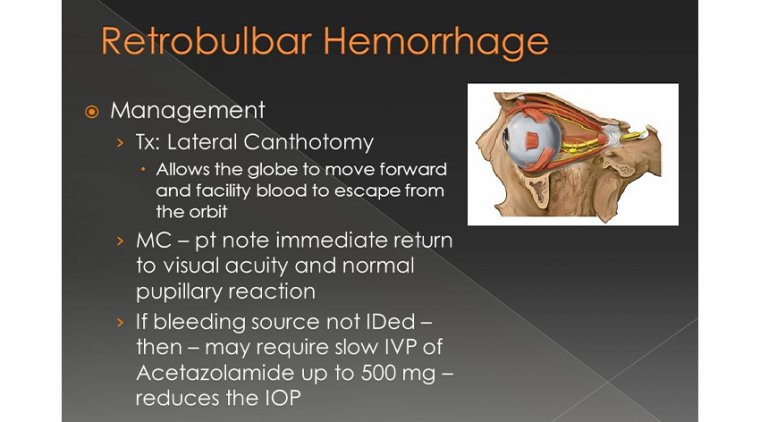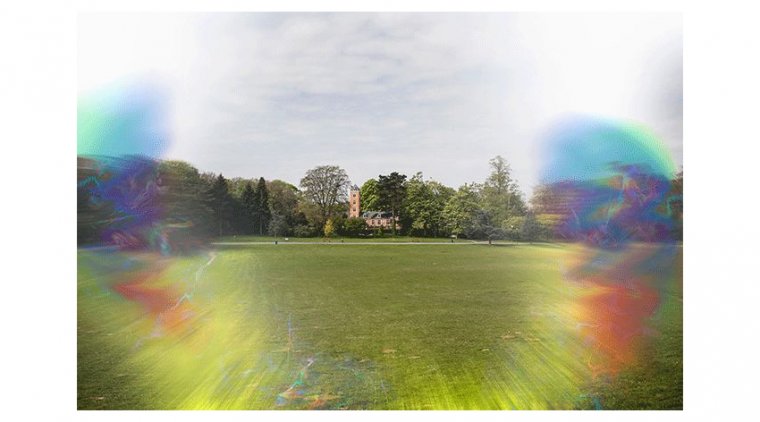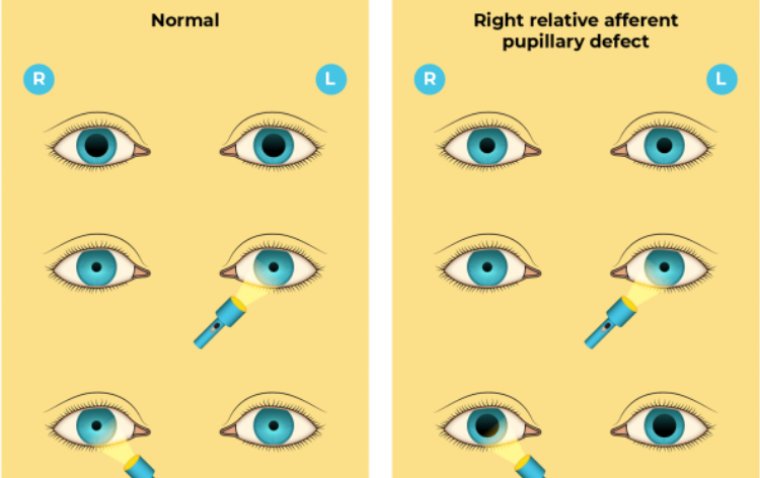
Top 5 Vitamins for Glaucoma: Do They Really Work?
What Is Glaucoma?
Glaucoma is a collection of eye disorders that can result in irreversible vision loss by causing damage to the optic nerve, which transmits visual information from the eye to the brain. Glaucoma is often caused by increased pressure within the eye, known as intraocular pressure (IOP). High IOP can damage the optic nerve over time, leading to vision loss.
Several findings suggest that nutrition may influence intraocular pressure or glaucoma through oxidative stress. When more reactive oxygen species are produced than standard, oxidative stress ensues. This causes damage to the eye's aqueous humor outflow system and the trabecular meshwork, increasing intraocular pressure (IOP) and, ultimately, the destruction of retinal ganglion cells.
Which Vitamins Could Be Useful for Improving Eye Health?
Several vitamins may help maintain eye health:
● Vitamin A: Vitamin A is essential for maintaining the cornea's health, the eye's transparent outer layer. It can also help with night vision. Good sources of vitamin A include eggs, milk, cheese, butter, and liver.
● Vitamin B supplementation has a distinct role in glaucoma, specifically vitamins A, B1, B3, B12, C, and E.
● Vitamin C: Vitamin C has antioxidant properties that may help protect the eyes from damage caused by free radicals. Vitamin C is found mainly in oranges, strawberries, kiwi fruit, bell peppers, and spinach.
● Vitamin E: Vitamin E is another antioxidant that may help reduce the risk of cataracts by stabilizing the cell membranes of the lens. Good sources of vitamin E include nuts, seeds, and vegetable oils.
It is important to note that while these vitamins and nutrients may help maintain eye health, they should be taken as part of a balanced diet and in conjunction with regular eye exams and other preventive measures.
Use Of Vitamins in Glaucoma
Several studies have shown promising results in managing glaucoma with vitamin supplements. However, vitamins are not meant to replace glaucoma medication.
Vitamin A is a fat-soluble vitamin essential for maintaining good health. Among the many critical roles, it plays in the body are:
● Healthy Retina: Vitamin A is essential in producing a pigment called rhodopsin, which helps the eye adjust to low light levels and is necessary for night vision.
● Glaucoma: Antioxidant properties of vitamin A protect retinal ganglion cells, which aids in protection from glaucoma.
● Immune function: Vitamin A helps to support the immune system by promoting the production of white blood cells, which help to fight off infections.
● Cell differentiation: Vitamin A helps to regulate the differentiation of cells, which is the process by which cells become specialized for different functions.
Good sources of vitamin A include eggs, milk, cheese, butter, and liver. It is essential to get enough vitamin A as part of a balanced diet to maintain good health.
Vitamin B is essential for maintaining good health. There are eight different types of vitamin B, including:
Vitamin B1 (thiamine), Vitamin B2 (riboflavin), Vitamin B3 (niacin), Vitamin B5 (pantothenic acid), Vitamin B6 (pyridoxine), Vitamin B7 (biotin), Vitamin B9 (folate) and Vitamin B12 (cobalamin).
Vitamin B is found in various foods, including meat, poultry, fish, eggs, dairy products, and fortified grains. A deficiency of vitamin B has a proven link to the development of glaucoma.
Low Vitamin B1 levels are said to increase cortisol levels in the body, which is said to cause a rise in the IOP. Additionally, low serum levels of thiamine have been discovered in glaucoma patients.
Vitamin C: Research has suggested that vitamin C may be helpful in the management of glaucoma. This vitamin is an antioxidant that may aid in protecting the eyes from damage by free radicals, which can contribute to the worsening of vision by the development of glaucoma.
As per research, Vitamin C creates an osmotic gradient which may lower the IOP. Additionally, it has a proven neuroprotective property. Glaucoma patients can take oral Vitamin C supplementation to aid them in their management; however, side effects, including renal stones and GI-related issues, must be taken into consideration.
Vitamin E may help reduce the risk of developing glaucoma, although more research is needed to confirm this. Good sources of vitamin E include nuts, seeds, and vegetable oils. Antioxidant properties protect retinal ganglion cells. Peroxide products have been linked in one study to a decrease in glaucoma patients. While vitamin E is generally safe, it may increase bleeding in persons undergoing surgery or using anticoagulants.
Vitamin B12: Vitamin B12 has known neuroprotective properties. Meat, poultry, fish, eggs, and milk products all contain it. Having inadequate amounts of vitamin B12 has been linked in some research to an increased risk of glaucoma. Deficiencies of B12 in the body are linked with optic neuropathy.
Do They Really Work?
Vitamins have been linked to influencing the development of common eye illnesses in several studies. Cataracts and Age-Related Macular Dystrophy (AMD) can be avoided with the help of vitamins A, B, C, and E, all powerful antioxidants. According to studies, vitamin B3 (nicotinamide) also has a significant neuroprotective impact in glaucoma that is not dependent on intraocular pressure (IOP).
Vitamin E has vaso-regulatory effects and is likely the primary component causing aqueous humour outflow via trabecular meshwork cell relaxation. Oxidative stress is a contributing factor in the development of glaucoma. Recent research has shown a positive correlation between vitamins A and C and Open Angle Glaucoma. Vitamin A may also help glaucoma patients by reducing the dry eye symptoms brought on by the constant use of intraocular pressure (IOP) lowering eye medications.
Author: Dr. Muhammad Saad, Resident Ophthalmologist at Al-Shifa Trust Eye Hospital in Rawalpindi, Pakistan
(1).jpg)










